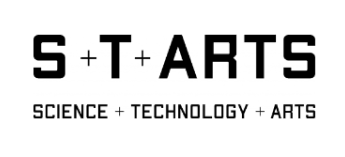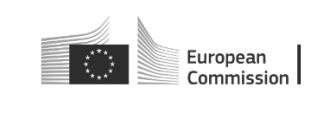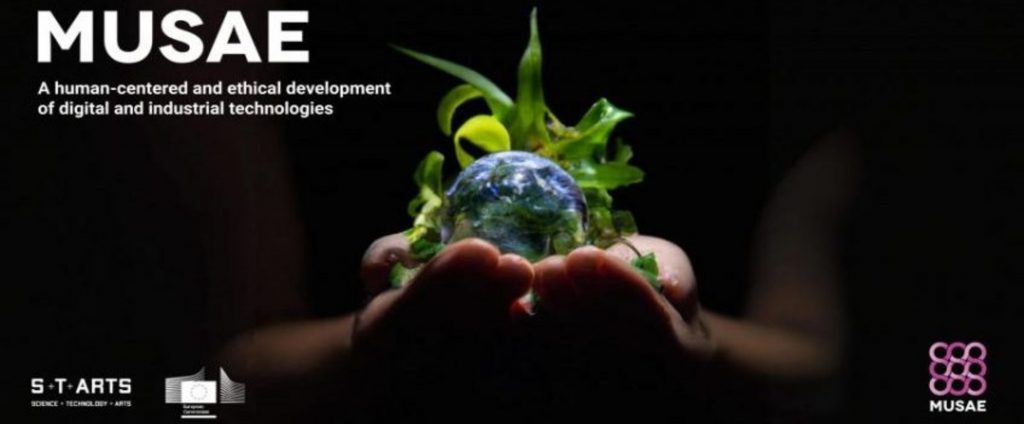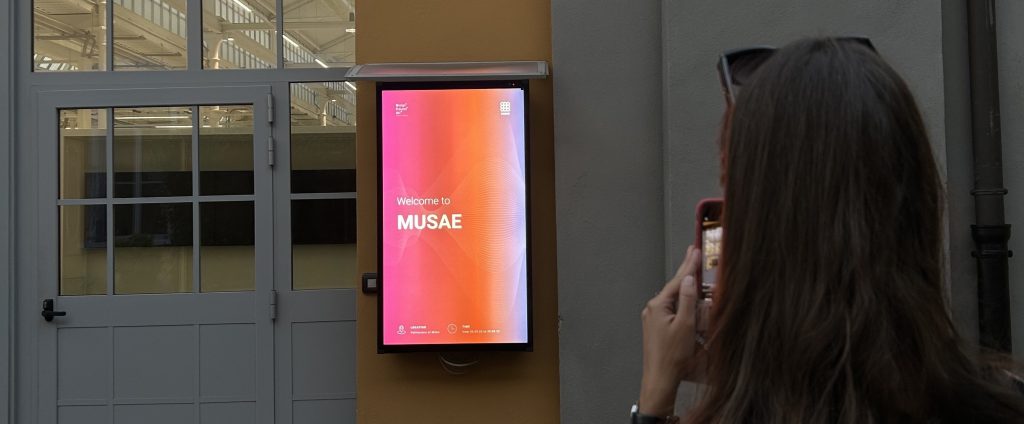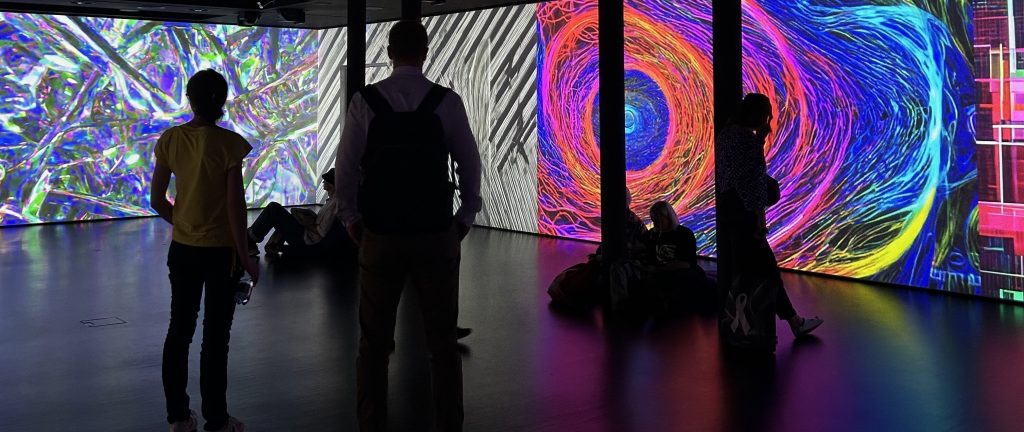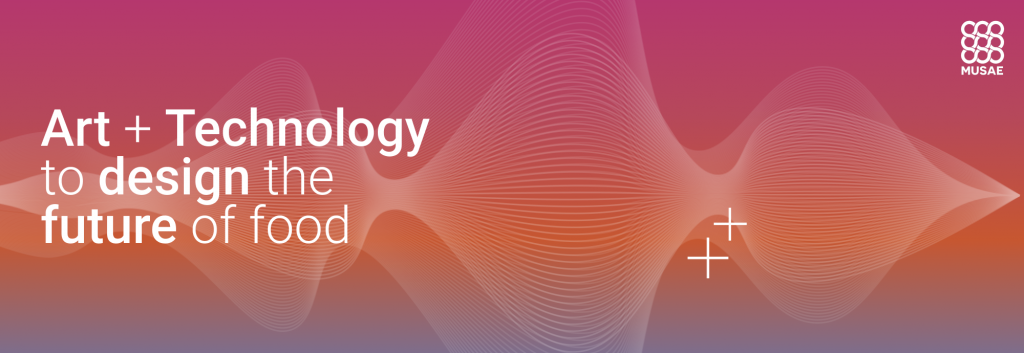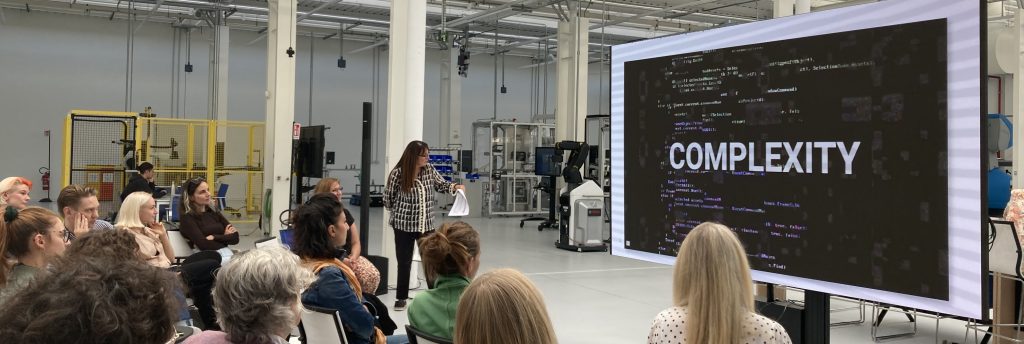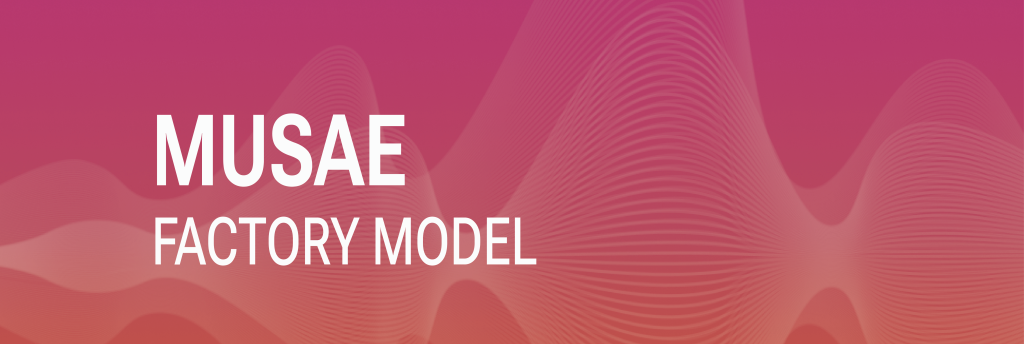MUSAE
A planet-centered and ethical development of digital and industrial technologies.
MUSAE aims to set up the MUSAE Factory Model, based on the Design Future Art-driven (DFA) method, and integrate it into a (European) Digital Innovation Hubs (DIHs) network to support companies in guiding strategic digital technology innovation and addressing future challenges in the food domain to improve people’s and the planet’s wellbeing. In addition, MUSAE will establish a deep connection with the S+T+ARTS ecosystem, bringing together expertise in design, art, nutrition and wellbeing, and human-machine interaction.
MUSAE will run 2 S+T+ARTS residencies involving 23 artists and 11 SMEs working with three main technologies – Artificial Intelligence, Wearables, and Robotics – to envision the future scenarios for technology applications and design future-driven prototypes, thus opening new markets and innovations.
To ensure the replicability and widespread adoption of successful practices, MUSAE will establish and activate a Factory Model Pack within the DIH partner designed to empower other Digital Innovation Hubs (DIHs) to seamlessly incorporate and replicate the proven framework, thereby enhancing the overall impact and reach of these initiatives.
Duration: September 2022 – August 2025
Consortium: Politecnico di Milano (IT), Ab.Acus (IT), Universitat de Barcelona (ES), MADE (IT), PAL Robotics (ES), Gluon (BE), University College Dublin (IE), The University of Manchester (UK), School of Electrical Engineering – University of Belgrade (SRB).
Management Contact Person: Marita Canina, marita.canina@polimi.it![]()
![]()
![]()
![]()
![]()
MORE ABOUT MUSAE
OPPORTUNITIES
PARTNERS

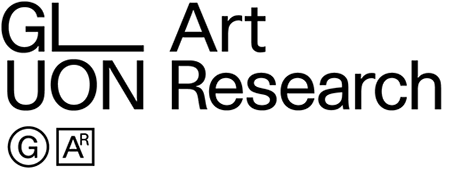
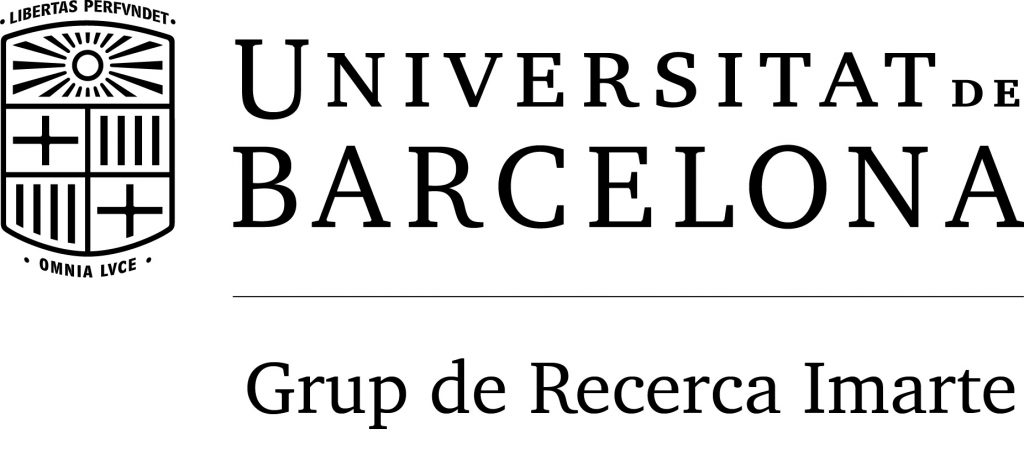
POLIMI
Politecnico di Milano (POLIMI) is a scientific-technological public university established in 1863 in Milan. POLIMI offers higher education courses in Engineering, Architecture, and Design, and it will take part in MUSAE with IDEActivity Center as the project coordinator. IDEActivity developed the Design Future method that represents an essential building block for the definition of a Design Futures Art-driven method, the groundwork for the MUSAE Project. IDEActivity Center research team: Marita Canina (project coordinator), Carmen Bruno (Project Manager), Tatiana Efremenko (Researcher), Eva Monestier (researcher).
GLUON
Gluon is a Brussels-based organization that puts artists at the heart of imagining a better future. Since its inception, Gluon has wanted to challenge the present and contribute to the systemic change that our planet so desperately needs. We do this with two different pillars: Gluon Art & Research and Gluon Education. The Art & Research operation of Gluon facilitates residencies of artists engaging with science and technology and aimed at responding to broader societal challenges we are facing today. Gluon Education is the other important pillar of Gluon. The educational activities aimed at (Brussels) young people aged 14 to 18 support them through the arts in the development of digital skills, critical thinking, creativity, and entrepreneurship. Within the MUSAE project, GLUON will develop a co-creation space for companies, technology providers, and artists to collaborate in developing new products and services addressing future challenges in the food domain. The main part of that effort is supporting and mentoring these collaborations, overcoming knowledge gaps, providing required skills, and learning and sharing these experiences with the public.
UB-ART
The Imarte Research Group within the Fine Arts Department of the University of Barcelona started taking part in competitive projects in 2000. Imarte has been able to create different research lines based on artistic production to analyze the changes in the meaning of art and the influence of digital technologies in its processes. Artistic research today establishes a shared code that is not limited to a single model but implies a dynamic space in which different methodologies take part and, by doing so, contribute to the accumulation of knowledge. Imarte research team in the Musae project: Eloi Puig (project coordinator), Ramon Parramon (researcher), Pilar Rosado (researcher), Diego Marchante (researcher), Martí Ruiz (researcher).
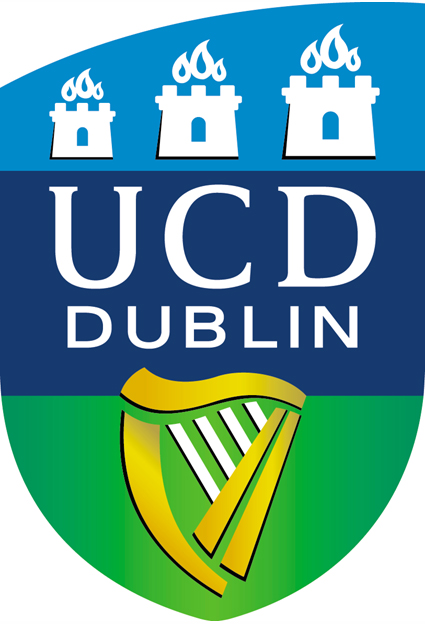

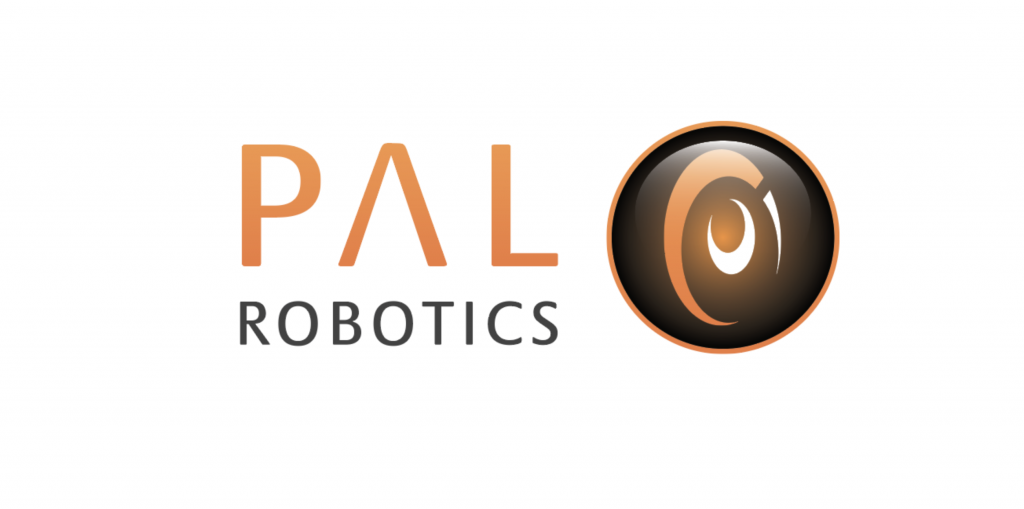
UCD
Professor Lorraine Brennan leads a Human Nutrition and Metabolism group at UCD. She is also the Leader of Nutrition and Health at the Institute of Food and Health. Professor Brennan’s team at UCD aims to identify the main trends in the Musae project along with the main challenges and opportunities within the area of application: food as medicine. The Human Nutrition and Metabolism group at UCD will also lead the dissemination and communication strategy for the lifetime of the project.
UB
The food processing and handling industry is the most significant business among the various manufacturing industries in the entire world that subsidize the highest employability. AI technologies and their implementation in interconnected devices make it possible to assimilate and analyze large quantities of nutritional and medical data, monitor patients’ food intake remotely, and deliver highly targeted nutritional treatments. The UB-AI team will contribute to studying and showing how AI can contribute to different food-related aspects. Additionally, UB-AI will take care of different AI-related important aspects like the elaboration of the Data Innovation Plan as well as the Definition of the AI Data Collection protocol and process.
PAL
Francesco Ferro is Musae’s main collaborator from PAL Robotics. PAL Robotics is a leading company in robotics research and the creation of robots and platforms for research, logistics, social service, and retail. For the Musae project, four technological partners will empower the approach by bringing relevant expertise in Artificial Intelligence-UB, wearables-ABACUS, robotics-PAL, and human-machine-interaction-UoM. During the project, technological companies like PAL Robotics will provide consultancy and support for art-tech residences. After the project, PAL Robotics will be able to provide mentorship and support for new upcoming collaborations within (E)DIHs in the format of the Factory Model.

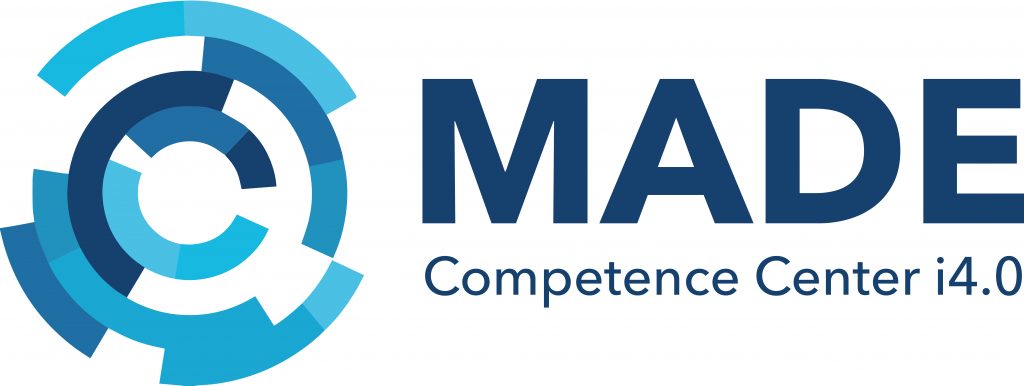

ABACUS
Ab.Acus s.r.l. is a research-driven, market-oriented, Innovative SME based in Milan, Italy, and founded in 2006. Ab. Acus’ main goal is spreading and exploiting ICT and engineering-based methodologies in the fields of social sciences, humanities, and medicine. Ab.Acus had the opportunity to investigate the impact of Digital Transformation on society in a devoted study commissioned by the European Economic and Social Committee (EESC). This expertise enables Ab.Acus will be responsible in the Musae project for setting up training and mentoring formats for interdisciplinary collaboration and also for turning concepts into prototypes.
MADE
MADE is a Competence Center for Industry 4.0 that simulates a digital factory created to carry out orientation, training, and finalization of technology transfer projects with Italian companies, particularly SMEs, on Industry 4.0 issues. A technical interlocutor that companies can contact to be supported during the digital transition towards a smart factory, with the aim of keeping their profile high, competitive, and sustainable.
ETF
The School of Electrical Engineering (ETF) – University of Belgrade is a top educational and scientific institution in Serbia in the field of electrical engineering and computer science. The mission of ETF is to provide students with a high-quality education in the field of electrical engineering and computer science while encouraging their creativity, responsibility, research interest, and teamwork, as well as to make continuous contributions to technological development, informatization, and overall development of Serbia. The ETF team will contribute with their digital biomechanics and collaborative robotics expertise. Besides the technical part, ETF will continuously contribute to refinements and improve the adoption of the MUSAE Factory Model in the widening DIHs.
